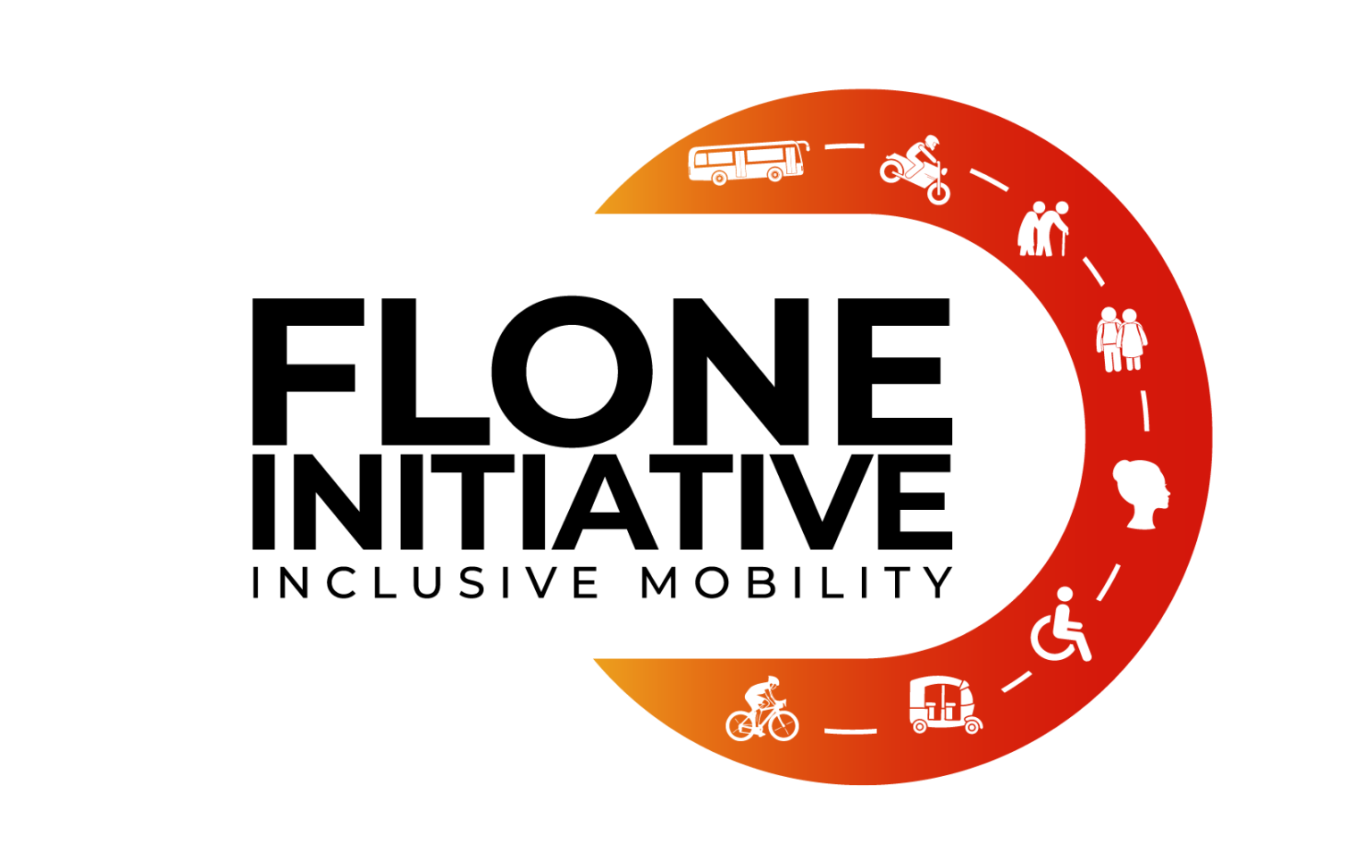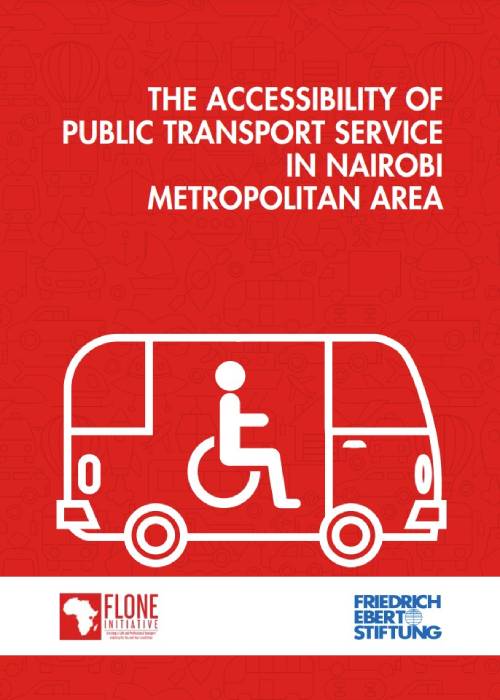Accessibility of public transport service remains a mirage to users with disabilities and the elderly since the policy, technical, and social challenges are intertwined. Low implementation and monitoring of laws and policies that promote equality and accessibility make persons with disabilities continue to be on the receiving end. The matatu operators remain indifferent to the low implementation of such laws and policies. This indicates an urgent need to involve the matatu owners, operators, and other stakeholders to achieve accessibility. The persons with disabilities make an effort to defend themselves, but the social environment is filled with the overwhelming stigma and condescending attitude from the Matatu operators and the general public. Several recommendations are provided to the government, PSV owners and operators, and the non-state actors. It is hoped that these recommendations will contribute to solving the recurrent challenges of unreliable, ineffective and inaccessible public transport services for paratransit vehicles. The recommendations are listed in the order of short-term, medium-term, and long-term strategies for accessibility.
[sharethis-inline-buttons]

